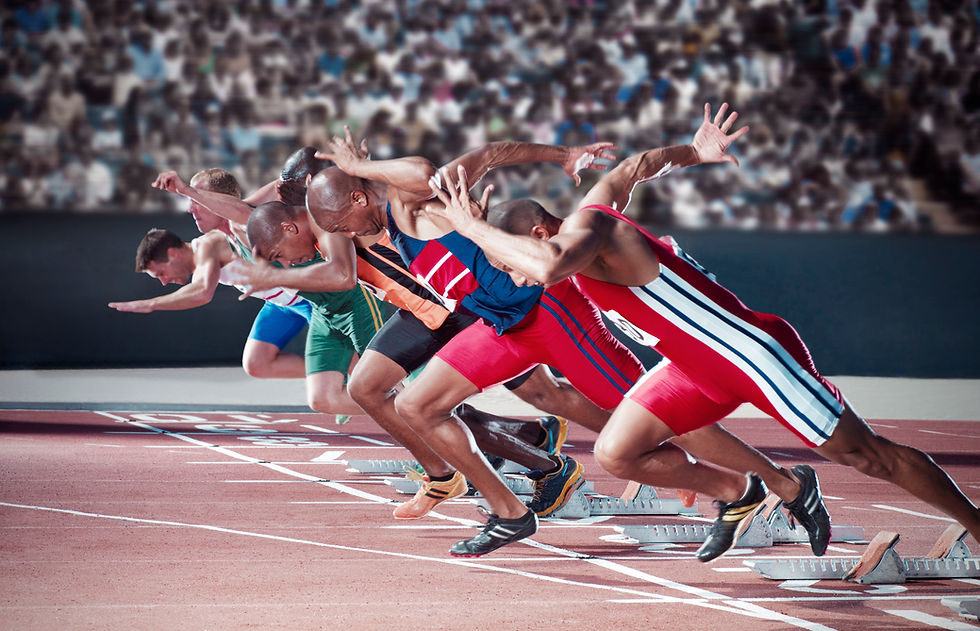Scar tissue: The impact on performance.
- MSE Sports and Remedial Massage UK

- Jul 3, 2023
- 2 min read
What is scar tissue? and how does this impact physical performance?

Scar tissue is a type of fibrous connective tissue that forms in response to injury or trauma in the body.
When muscle tissue is damaged, either from an acute injury or from repetitive strain, the body responds by laying down scar tissue as a way to repair the damage. This scar tissue can build up over time and form adhesions, which are areas of fibrous tissue that can bind muscles and other tissues together.
Scar tissue can also form as a result of surgery or other medical procedures, and can lead to chronic pain, limited mobility, and reduced muscle strength.
The build-up of scar tissue in our muscles can be influenced by a variety of factors, including the severity and location of the injury, the quality of the healing process, and individual factors such as age and genetics. In some cases, scar tissue can be more likely to form or accumulate due to factors such as poor nutrition, inadequate rest or recovery, or ongoing stress and tension in the affected area.
Overall, scar tissue is a natural part of the body's healing process, but if it builds up excessively or inappropriately, it can have negative effects on muscle function and overall health. Treatment and rehabilitation techniques, such as massage, stretching, and exercise, can be effective in managing scar tissue and restoring optimal function.

Will this have any negative effects on performance?
Muscular scar tissue can have several negative effects on athletes' performances. Here are some of the ways it can impact an athlete:
• Reduced range of motion - Scar tissue can limit the range of motion in a muscle or joint, making it more difficult for an athlete to move and perform at their best.
• Decreased flexibility - Scar tissue can cause muscles and connective tissues to become less flexible, which can limit an athlete's ability to stretch and move freely.
• Increased risk of re-injury - Scar tissue can be weaker and less flexible than healthy tissue, which can increase an athlete's risk of re-injuring the affected area.
• Decreased muscle strength - Scar tissue can reduce the strength and power of a muscle, making it more difficult for an athlete to generate force and perform at their best.
• Impaired neuromuscular control - Scar tissue can disrupt the communication between nerves and muscles, leading to impaired neuromuscular control and reduced coordination.
Overall, the presence of muscular scar tissue can negatively impact an athlete's performance, making it important to address any scar tissue through proper treatment and rehabilitation. This can involve techniques such as massage, stretching, and exercises to promote healing and restore optimal function.
MSE Content Creator.





Comments